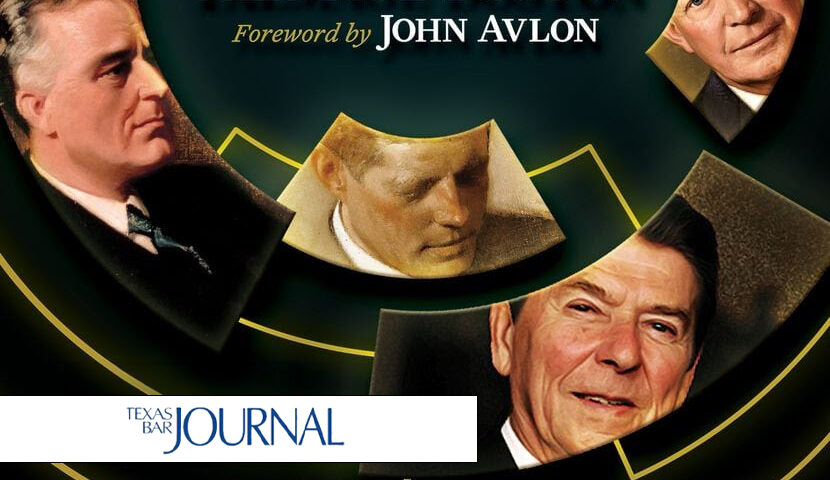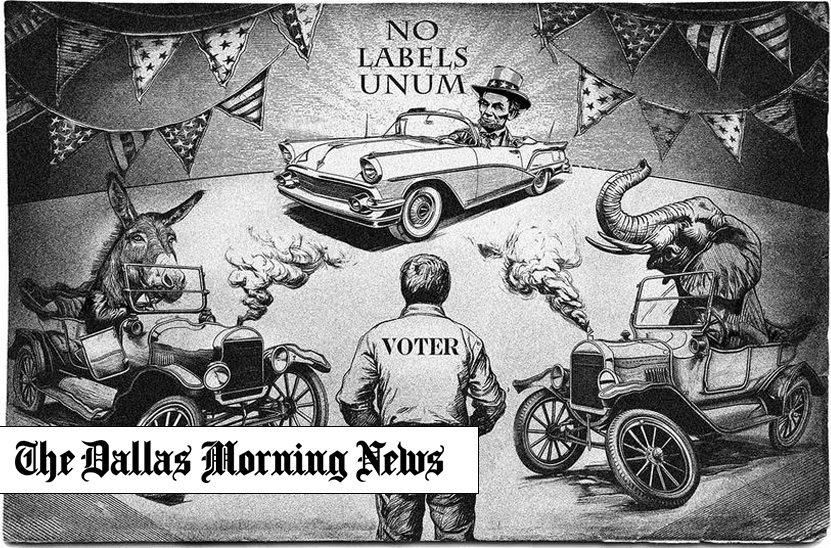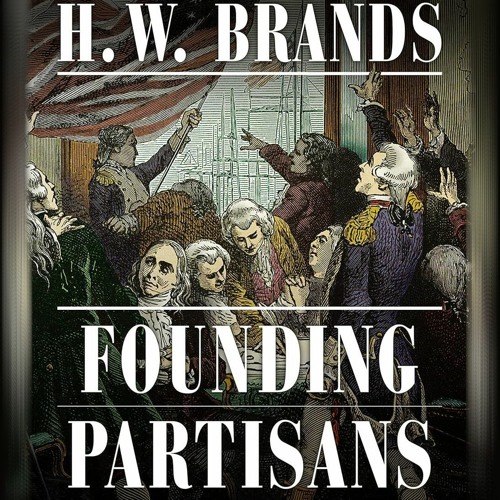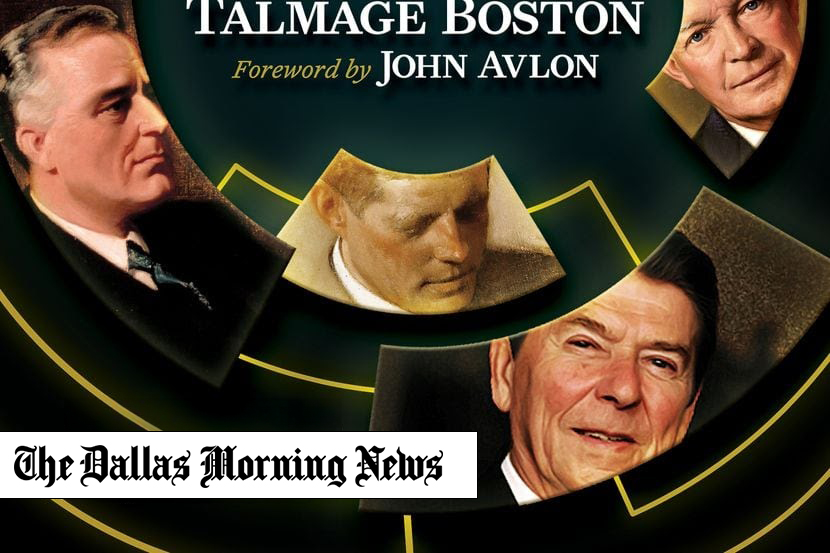Iron Sharpens Iron
How my historian avocation has made me a better lawyer.
As a child, I had two ambitions: to become a lawyer like my heroes, Atticus Finch and Abraham Lincoln, and to read history at every opportunity. These callings have never left me.
After practicing law 13 years and enjoying it but needing something more to fill my cup, an inner nudge moved me to start writing for publication about history. Since then, my legal vocation has stayed strong and paid my bills while my history avocation has grown stronger and enlarged my world.
This dual discipline has succeeded because my work as a historian has made me a better lawyer and vice versa, since both callings require the same skills.
Researching: No one can make a sound legal argument without first researching everything that affects it, and no one can write a reliable historical narrative without first knowing all the pertinent information that sheds light on it. Flawed conclusions drawn from deficient research can be fatal to lawyer and historian.
Writing/Rewriting: Three goals for the lawyer and historian in their written work are clarity, completeness, and conciseness, and no one is smart enough to achieve them on the first few drafts. On this subject, the scholar Jacques Barzun said it best when he explained why the lawyer Abraham Lincoln was a “literary genius”: “Legal thought encourages precision through the imagining and denial of alternatives. The language of the law foresees doubt, ambiguity, and confusion, and one by one excludes them.” In this way, lawyers succeed in avoiding misunderstandings, which is the foundation of clear prose.
It takes me at least 15 drafts before I’m satisfied with my work’s clarity and completeness and know that all unnecessary words are gone. The more one writes with this level of discipline, the better the final product. Thus, my turning out a stream of op-ed pieces, book reviews, and history books over the last 30-plus years in addition to my many briefs and pleadings has definitely improved my legal writing.
Interviewing/Interrogating: Gathering facts in a lawsuit and about a historical subject requires asking the right questions and getting truthful answers. My last book, Cross-Examining History: A Lawyer Gets Answers from the Experts about Our Presidents, contained the edited transcripts of my interviews with leading presidential insiders and biographers. My preparation for them required the same diligence that I give to my witness examinations.
Public speaking: Over my 45-year legal career, I’ve made hundreds of oral arguments to judges and juries. Those who heard them had the same desire: “Don’t waste my time with repetitious thoughts and superfluous words. To make it easier for me to pay attention and grasp what you’re saying, use short words, apt metaphors, and some pizzazz.”
Similarly, historians make oral arguments on behalf of their books to media and live audiences. Like legal audiences, they want an author to address them directly and with flair, credibility, and brevity. When Cross-Examining History came out in 2016, I made presentations all over the country. For my new book, How the Best Did It: Leadership Lessons From our Top Presidents (to be released April 2, 2024), I will do it again. The experience gained from speaking to crowds at these events gives me added salesmanship horsepower when it’s time to sell my client’s position in court. Being a lawyer and historian has also led to my giving CLE presentations tied to history. My third book, Raising the Bar: The Crucial Role of the Lawyer in Society, inspired me to give speeches on the professionalism of Atticus Finch (a not-so-fictional character modeled after Harper Lee’s father) and Abraham Lincoln, and the negotiation skills of James A. Baker III. Cross-Examining History led to programs that intertwined “The Ten Commandments of Presidential Leadership” with the Texas Disciplinary Rules of Professional Conduct and the Texas Lawyer’s Creed. My new book, How the Best Did It, will be accompanied by a presentation on “The Art of Presidential Persuasion,” explaining how the communication methods of our eight greatest presidents can be used by lawyers to make us better persuaders.
In my legal career, I’ve received significant recognition— State Bar of Texas presidential citations and some nice awards. I believe they came my way only because honing these four skills as a historian enhanced them for me as a lawyer.
TBJ
To view the PDF version of this article, click here.




